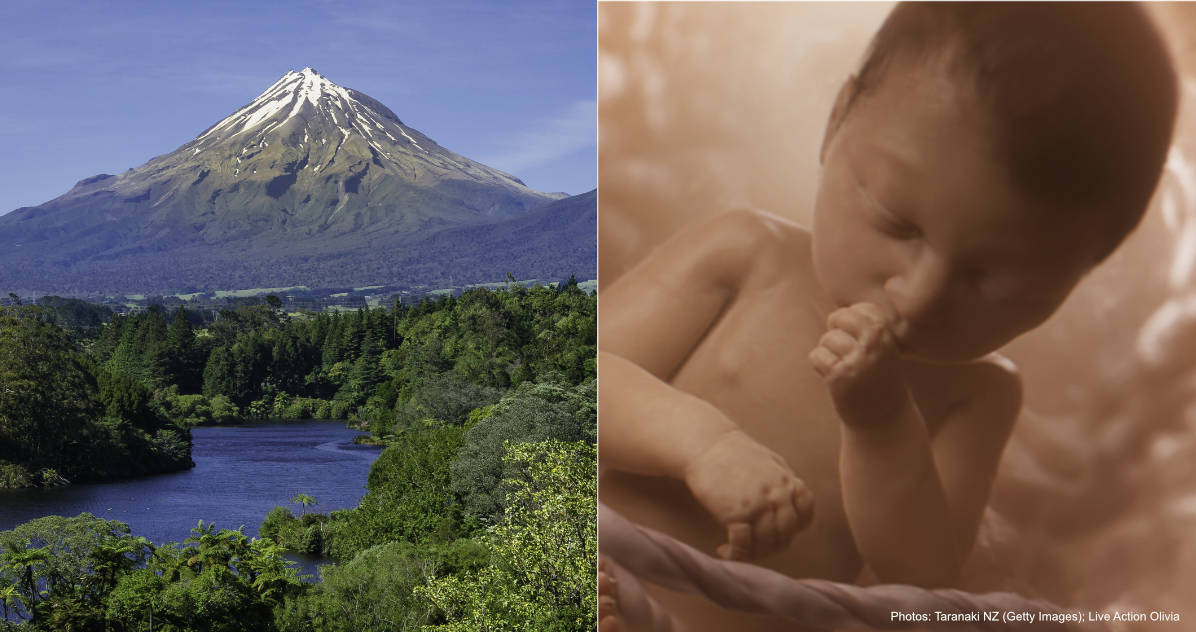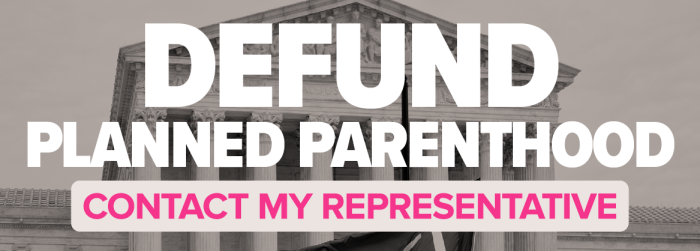The New Zealand Parliament has granted personhood to a mountain — just as it had previously granted such status to a river and a piece of land. Meanwhile, an entire group of human beings in the nation is not afforded that same respect.
Induced abortion — the direct and intentional act of killing a preborn child — is legal for any reason through 20 weeks of pregnancy in New Zealand and does not have to be committed by a doctor or in a licensed facility. After 20 weeks, an abortion can still be carried out if a health practitioner believes the abortion is necessary after consultation with another health practitioner, including a midwife, nurse practitioner, or registered nurse. Human beings who are alive yet undelivered are not treated as legal persons in the country.
However, Mount Taranaki, now to be known as Taranaki Maunga, its Māori name, is considered an ancestor by Indigenous people and was recognized as a legal person on Thursday, following the enactment of a new law that granted the mountain all the rights of a human being. A newly created group of four members of the local Māori iwi, or tribes, in addition to four persons appointed by the country’s Conservation Minister, will serve as “the face and voice” of the mountain.
READ: New Zealand implements ‘safe areas’ to silence pro-life activity near abortion facilities
The mountain is “a living and indivisible whole” and includes Taranaki Maunga and its surrounding areas, “incorporating all their physical and metaphysical elements,” according to law. The legal rights bestowed on it are meant to uphold its health and wellbeing.
“The mountain has long been an honored ancestor, a source of physical, cultural and spiritual sustenance and a final resting place,” Paul Goldsmith, the lawmaker responsible for the settlements between the government and Māori tribes, told Parliament in a speech on Thursday.
According to CNN, in 1840, Māori tribes signed a treaty with representatives of the British crown, which ensured Māori would keep their land and resources. But in 1865, some of that land, including the mountain, was taken by the British in response to a Māori rebellion against the Crown, pushing Māori out of having a say in the mountain.
Now, giving the mountain “personhood” is said to be an acknowledgment of these past wrongs and an agreement to right those wrongs.
“Today, Taranaki, our maunga, our maunga tupuna, is released from the shackles, the shackles of injustice, of ignorance, of hate,” said Debbie Ngarewa-Packer, a co-leader of the political party Te Pāti Māori and a descendant of the Taranaki tribes, using a phrase that means ancestral mountain.
While the mountain’s new legal rights will prevent sales, restore Māori traditional uses, and protect conservation efforts, preborn human children in New Zealand are still denied their personhood and their right to life.
There’s a serious ethical concern when a government determines a mountain to be “a living and indivisible whole,” yet denies that living human beings are persons and fails to protect the rights of the most innocent members of its society.








